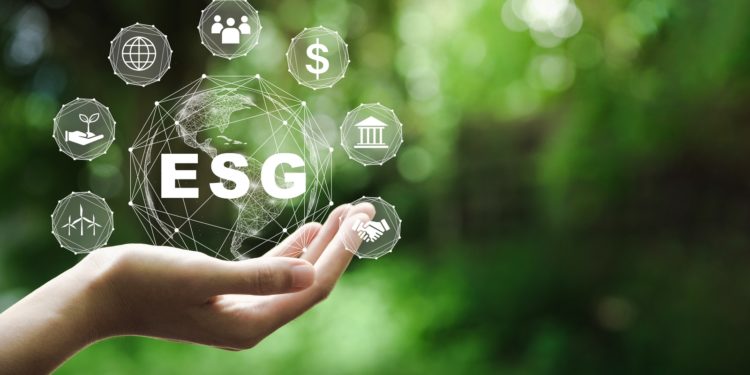Environmental, Social, and Governance (ESG) criteria have become essential in the real estate sector, guiding investment decisions and operational strategies toward sustainability and ethical practices. ESG in real estate is not merely a trend but a vital framework that shapes the future of the industry.
The environmental component of ESG focuses on minimizing the ecological footprint of real estate activities. This includes adopting green building practices, such as using sustainable materials, enhancing energy efficiency, and reducing waste. Green certifications, like LEED and BREEAM, have gained prominence, pushing developers to create environmentally friendly buildings. Moreover, implementing renewable energy sources, such as solar panels and wind turbines, in real estate projects significantly reduces carbon emissions, contributing to global efforts against climate change.
The social aspect of ESG in real estate addresses the impact on communities and society. This involves creating inclusive and accessible spaces, ensuring fair labor practices, and promoting health and well-being. For instance, developers are now focusing on building affordable housing to address the housing crisis in many urban areas. Additionally, community engagement and stakeholder involvement have become crucial in the planning and development stages, ensuring that projects meet the needs and expectations of the local population.
Governance in real estate ESG pertains to the ethical management and operational standards within the industry. Transparent corporate governance, accountability, and ethical business practices are paramount. Companies are now prioritizing diversity and inclusion within their workforce and leadership teams, ensuring a broad range of perspectives and equitable decision-making. Furthermore, stringent compliance with regulations and proactive risk management strategies are essential to maintain investor trust and ensure long-term sustainability.
Integrating ESG criteria in real estate is not only a moral imperative but also a strategic advantage. It enhances brand reputation, attracts socially conscious investors, and mitigates risks associated with environmental and social factors. As the world moves toward sustainable development, the real estate industry must continue to evolve, adopting ESG principles to build a resilient and responsible future.














